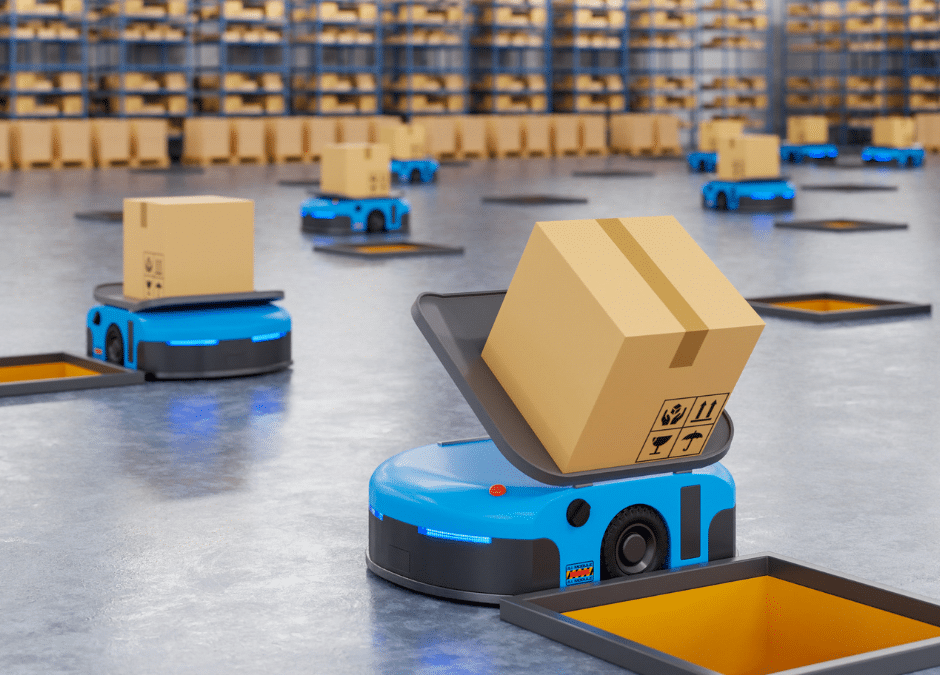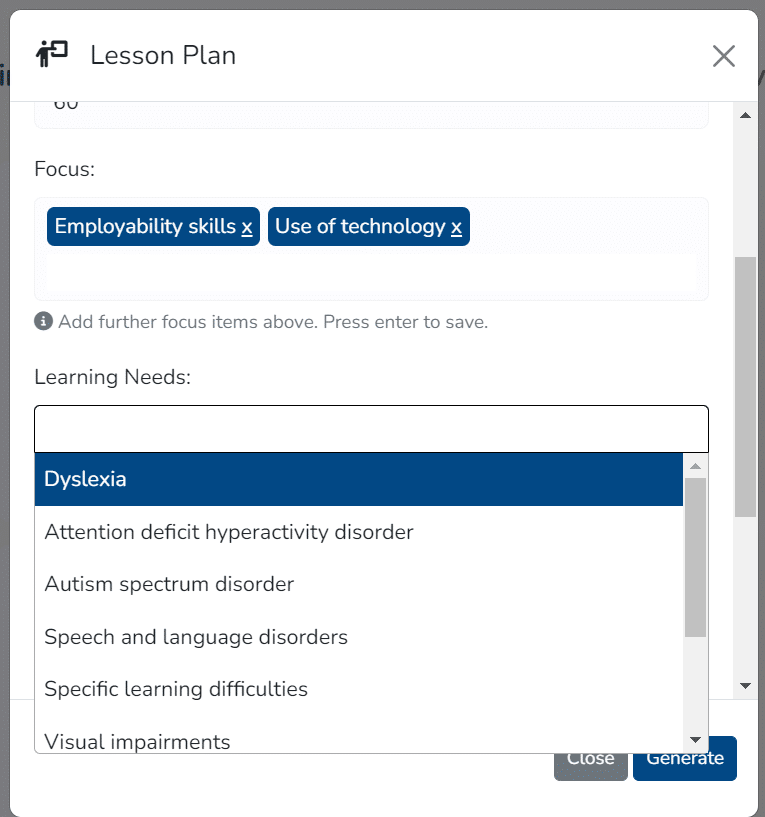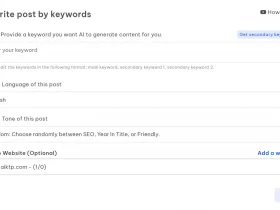
The 5 Most Key Takeaway from This Article
- Simply in time for Prime Day, Amazon selected to launch its A.I. buying assistant Rufus. You want the Amazon app to have a dialog with Rufus.
- Rufus, which–enjoyable reality!–will get its title from a considerably legendary canine that when roamed the places of work of Amazon within the days of yore, is sort of a beefed-up digital buying assistant.
- In serving to customers evaluate and choose merchandise, Rufus pulls from each the Amazon web site’s knowledge (together with product specs and buyer opinions) in addition to alternatives from the World Broad Net.
- Amazon has been experimenting with A.I. for a while now. One among its current notable experiments was utilizing A.I.-generated summaries of opinions to pin on prime of the opinions part.
- The place does Amazon get its A.I. powers from? A big funding in A.I. frontrunner Anthropic is certainly part of it.
From Small-group Testing to a Main Launch
So right here is a reasonably main pattern in big-tech in relation to the A.I. race: it’s greater than frequent, in reality it’s actually the business normal, to have just about worldwide releases of A.I. that, in lots of analysts’ estimations, ought to actually be thought of to be “not fairly there but”.
In the event you want a current instance, contemplate the case of the A.I. Overviews debacle that yielded only a ton of helpful suggestions for Google. And that’s to not point out seeing whether or not the A.I. had the power to deal with the amount of Google searches in actual time.
And the traditional case that began this complete A.I. race off was the ChatGPT debut in November of 2022. Taking a look at simply what number of points that also stick with ChatGPT, regardless of the unimaginable tempo of upgrades and innovation, one can surmise that OpenAI was conducting an costly albeit business-first product-testing experiment that will usher in tons of suggestions and use instances from volunteer beta-testers.
So, it might have gotten destructive suggestions, positive, however nobody would imagine that such suggestions can be sufficient to place Google out of enterprise.
What Enterprise House owners Ought to Be Conscious of
For enterprise house owners, particularly those that promote merchandise on Amazon, this complete beta-testing apply must be of observe.
Having what is basically an in-progress product undergo first a small spherical of beta testing, then a completely public launch that’s nonetheless kinda-sorta a subsequent stage of the beta testing, can have trickle-down issues for enterprise house owners.
This beta testing can result in subpar conversations between buyer and chatbot that might doubtlessly make a sellers’ product look dangerous. Or if not dangerous, merely not adequate to buy.
What Have Customers Seen?
One troubling pattern {that a} author for The Verge took observe of was that Rufus will veer away from the subject of buying and focus on issues like, say, an upcoming presidential election in america.
What’s extra, the chatbot could have such a dialogue whereas nonetheless linking to merchandise. There are most likely loads of enterprise house owners who don’t need their product hyperlinks to be fodder in such unhinged conversations.
So simply think about: in the identical dialog, and even the identical message, together with your product’s title in it, Rufus might sprinkle in some tangential doubtlessly off-puttingly irrelevant content material maybe political in nature. Might not result in a conversion that a greater, extra market-ready chatbot might have maybe gentled the consumer to.
What Are the Professionals for Enterprise House owners?
However any points apart, there are certainly some notable positives right here, specifically in having customers uncover what you are promoting’ product that the consumer might not have discovered in any other case in common search.
That comes from the fluid, continuous nature of the Amazon chatbot’s dialog. As a substitute of getting to kind in some related key phrases in a search bar, a web based shopper can now have one thing resembling the in-store equal back-and-forth with an worker.
That being mentioned, key phrases apparently do matter. Take, as an example, the dialog {that a} CNET reporter had with Rufus. When asking for a summer season seashore learn, the e book suggestions that Rufus supplied all had one thing peculiar about them.
That peculiar one thing was that every suggestion contained the key phrases: one e book on the record has the title Seashore Learn, one other e book is known as The Summer time Place, one is A Novel Summer time, and the final one is known as Joyful Place, which because it seems has the phrase “summer season” in its product description.
The issue right here is that there could also be completely ample seashore reads that should not have any point out of summer season within the e book title or product description, but an apparent reliance on key phrase search is integral to Rufus’ response on this case.
This means that Rufus might have a level of word-association about its solutions, and so might favor merchandise which have a key phrase that the consumer makes use of within the product title.












